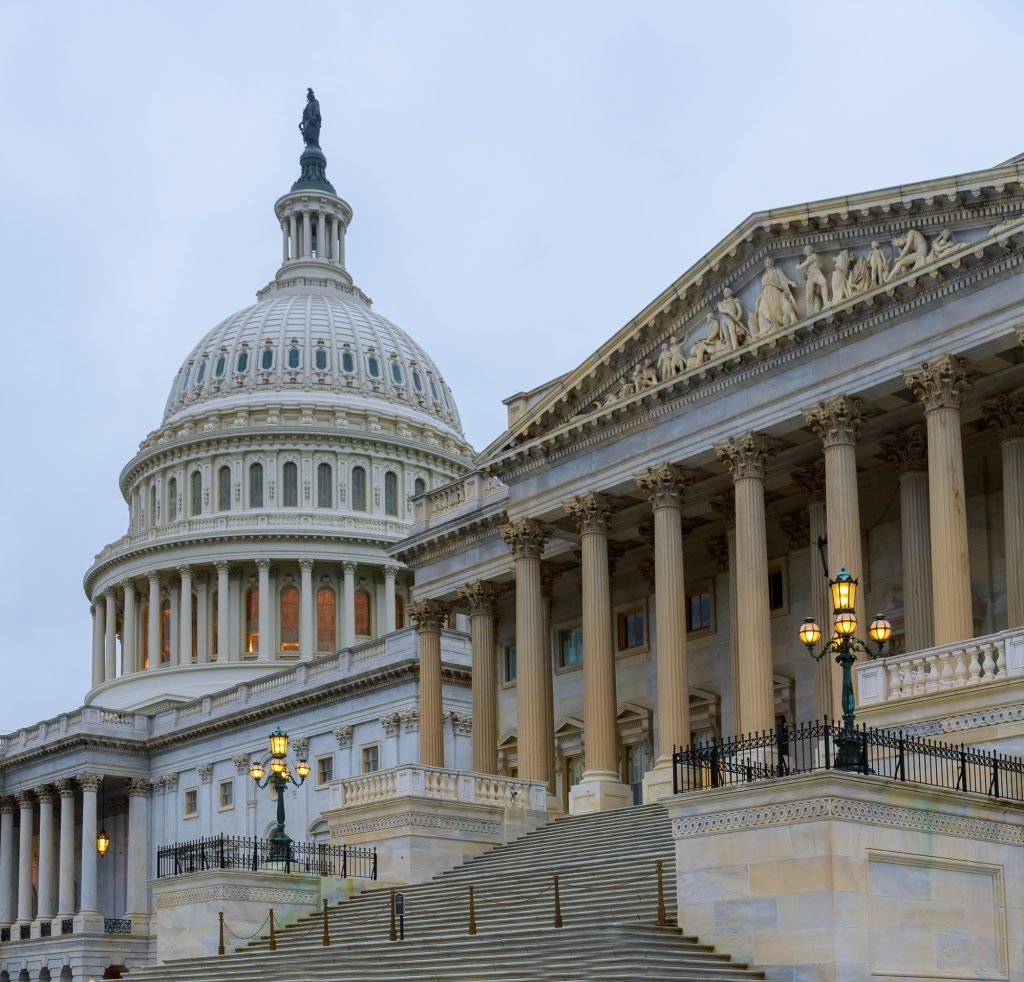Bipartisan Effort to Enhance Broadband Supply Chain Transparency

U.S. Senators have reintroduced the Network Equipment Transparency (NET) Act to address supply chain challenges in broadband infrastructure deployment.
Navigating the Complexities of Broadband Infrastructure Deployment

Efforts to expand broadband access in underserved areas are encountering significant challenges related to rights-of-way, pole attachments, and environmental permitting, prompting stakeholders to seek streamlined solutions.
T-Mobile Expands Fiber Holdings Through Strategic Acquisitions
T-Mobile’s recent acquisitions of Lumos and Metronet, in partnership with private equity firms, mark a significant expansion of its fiber internet infrastructure, positioning the company among leading fiber providers in the U.S. T-Mobile Official Site +5
Arielle Roth’s Nomination Advances Amid Scrutiny Over Broadband Program Direction

Arielle Roth’s nomination to lead the NTIA progresses as debates intensify over the future of the BEAD program and its technological priorities.
Battery-Free Internet of Things

Advancements in energy harvesting technologies are enabling the development of battery-free IoT devices, promising a more sustainable and maintenance-free future for connected systems.
Assessing the Impact of New Federal Guidelines on States’ 2030 Broadband Goals

Recent federal policy shifts are reshaping the landscape of broadband expansion, posing challenges to states’ ambitions to bridge the digital divide by 2030.
U.S. Department of Energy Offers Federal Lands for AI Data Center Development

The U.S. Department of Energy has identified 16 federal sites, including national laboratories like Los Alamos and Oak Ridge, as potential locations for data centers aimed at accelerating artificial intelligence development.
Tariffs Threaten to Hamper AI Infrastructure Development

In early April 2025, the Trump administration implemented a series of sweeping tariffs, including a 10% baseline tariff on all imports and higher duties on specific countries—34% on China, 32% on Taiwan, and 25% on South Korea. These measures are poised to significantly impact the development of artificial intelligence (AI) infrastructure in the United States by increasing costs and disrupting supply chains.
Private 5G Networks Entering New Phase of Growth

Private 5G Networks are entering a new stage of commercialization with enterprises serving as some of the key use cases, according to recent research by GSMA Intelligence. As a result, […]
What to Expect in an Era of Escalating Cyber Threats

A wave of high-profile security breaches has reignited global concerns about digital infrastructure resilience. As attacks grow in scale and sophistication, experts warn that without immediate reforms, both private industry and national security interests remain at considerable risk.
